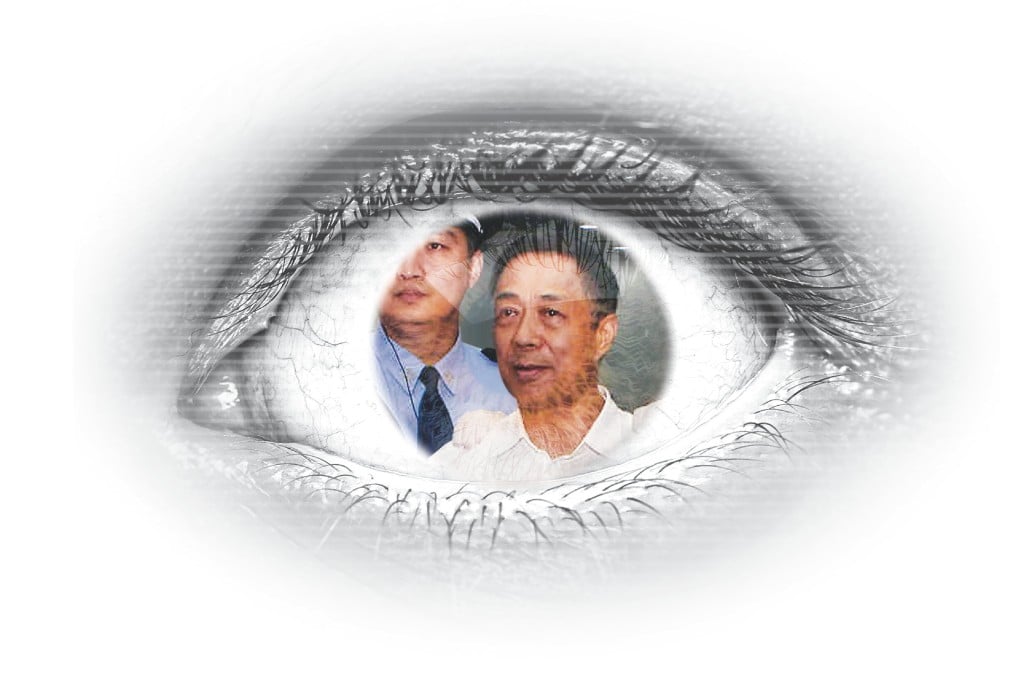In full: Standing eye-to-eye with Bo Xilai
Only a handful of people saw the landmark trial of former Chongqing party boss Bo Xilai at first hand. Here, one of them, a mainland lawyer, gives Post readers an insight into what went on behind closed doors in that Jinan courtroom

Jinan is famous for its Baotu Spring, which still runs as strongly as it has done for 1,000 years. Compared with nature’s timescales, the rise and fall of an individual is nothing, but can nevertheless stir deep feelings and divergent opinions. The ups and downs, rights and wrongs, settling of scores and resentment hold an abiding interest, as if an invisible hand of fate is directing lives and controlling destinies.

The courtroom was about 200 square metres in size, with seven rows of seats able to accommodate 110 people. There were four video cameras mounted in the corners and an LCD display panel on two of the walls, positioned near the centre of the courtroom next to the public gallery. Images from different angles captured by the four cameras were shown on the two display panels. There were also smaller screens on the desks before the judges, the public prosecutor, the defence lawyers and Bo Xilai, which all showed the same images simultaneously.
This courtroom must have been specially designed for the case as normally such facilities are not made available. The set-up meant that people in the public gallery could clearly see the expression on Bo’s face, even though he sat with his back to them. They could also see photocopies of documents produced in evidence by both prosecution and defence, as well as the images of Bo testifying.
Admission to the public gallery was very strictly controlled. No one was allowed to take in even a pen and note paper, and security checks were conducted again on anyone returning from the toilet.
Bo Xilai made an all-out effort to defend himself throughout the trial. He looked extremely focused, unyielding and very tough. He said that he was not able to understand the evidence and case materials (presented in 190 volumes) until lawyers read them through with him and explained verbally. The process took around two weeks.